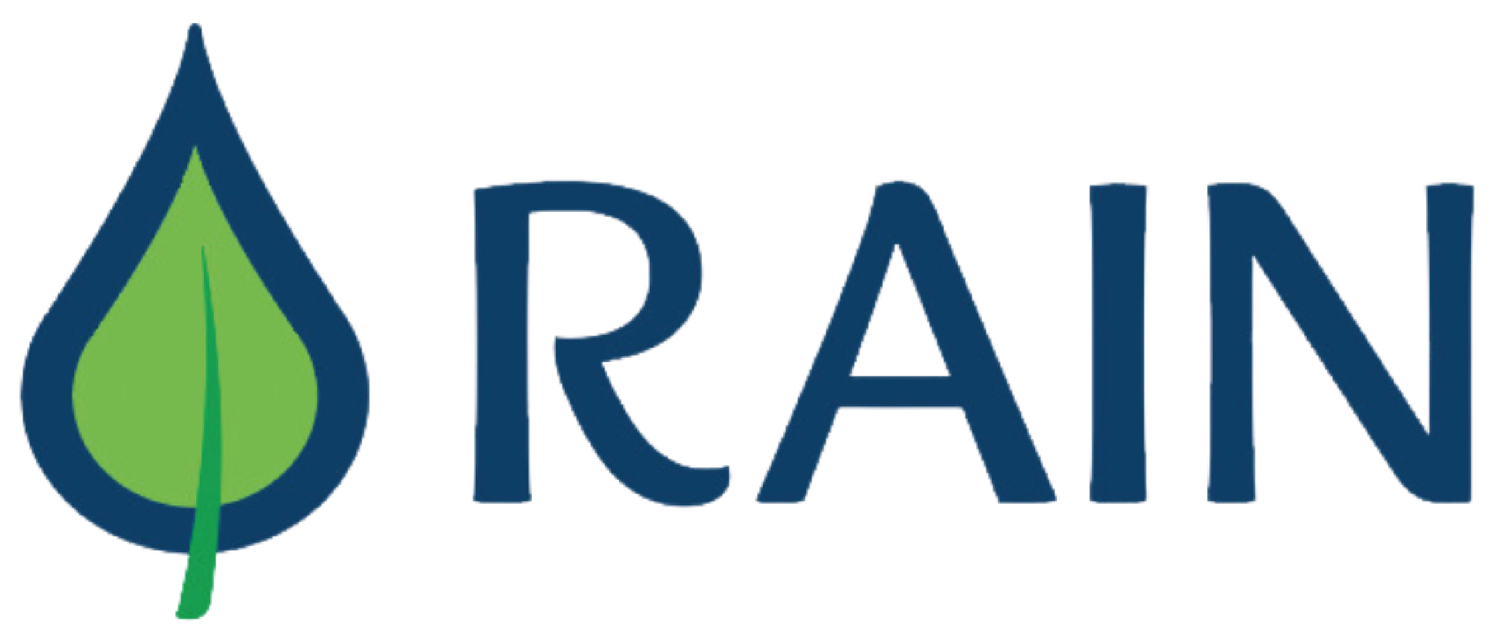Reforesting with the Kaingang indigenous nation
RAIN is helping the Kaingang nation replant deforested and degraded areas of Brazil with the tree that is central to their culture: the Araucaria angustifolia or Parana pine.
Kretã Kaingang came to the UK in 2019 representing the Kaingang indigenous nation as part of the Brazilian indigenous APIB (Brazil’s Indigenous People Articulation) movement. Part of the mission was to build alliances with international movements and find partners to help protect their communities, so we had a meeting and he presented a plan.
Kretã Kaingang - Leader of the Kaingang
Reforesting with The Parana pine
The Parana pine produces pine nuts in abundance, and has been a major food source since the sauropod dinosaurs were eating it in the Jurassic period 200 million years ago. Indigenous people have been deliberately planting it for at least 1000 years, both to eat the pine nuts and to support biodiversity in their territories for hunting. The Kaingang also use it to demarcate their territories and the paths between them, in their most important spiritual rituals. Over the centuries, the people of this tribe have selected for strains that flower at different times, so now there are pine nuts available for six months of the year.
Regeneration
This means that the Parana pine is the perfect species to regenerate degraded lands, attracting birds and animals which spread the seeds of other species. Kretã has been regenerating an overgrazed and abandoned area in Curitiba in the south of Brazil for the last eight years using this tree, and the aldeia (indigenous settlement) of Tupã now has three different indigenous groups and a school that also welcomes local non-indigenous children. He regularly donates saplings to other indigenous nations, sharing the knowledge passed down to him from his grandmother. This incredible work has been done without support, and we want to help him scale up his production.
Kretã's current production
The project proposed is to build two large nurseries, one in Tupã and one in the more forested Manguerinhas, employing four full-time workers and producing around 100,000 trees each per year. Many of these trees will be given to other tribes and communities, with the intention that they too will begin to regenerate their lands and recover ancestral modes of living in harmony with the earth. The first two nurseries can be built and staffed for £3000 each, clearing the way for more projects in the future. There are hundreds of aldeias in Southern Brazil and tens of thousands of hectares to reforest, so potential for scaling is massive.
Erva mate
The Parana pine is a companion species to the erva maté bush, which is made into tea, and the medicinal pau d’arco. Planting these species together means that indigenous people can generate income on their own land, allowing them to prosper in their traditional communities and making their projects independent of donations from abroad. All RAIN projects have the ultimate goal of removing RAIN donations from the equation, helping communities set up projects that are economically sustainable as well as environmentally regenerative.
Both the Kaingang nation and the Araucaria tree have lost most of their traditional territories, and much of their traditional lands have been occupied by cattle ranchers and farmers producing soy for livestock abroad. By supporting regenerative work with the Kaingang on the front line, you can help preserve a unique culture and safeguard knowledge that can play a key role in repairing the damage that has been done, including in our own lifetimes.
Map of Kaingang indigenous territories
The araucaria tree was one of the main sources of material used to rebuild Europe after World War II, and between 1930 and 1990 about 100 million trees were felled and exported from the Atlantic forest - much of it from Kaingang territory. European history is intertwined with the tragedy of deforestation that has pushed this culture and this tree to the brink of extinction. Now is not a time to wallow in guilt because of the mistakes of the past, but rather to do what must be done to make sure that we associate better with the indigenous world in the future.
Support the Kaingang
A monthly donation of £10 monthly donation will allow Kretã and his people to grow and care for 120 trees per year.
If you or your organisation are looking to fund an indigenous-led project, please contact us. We are also working with the Terena and in conversation with other indigenous groups in the Amazon and Atlantic forests.

